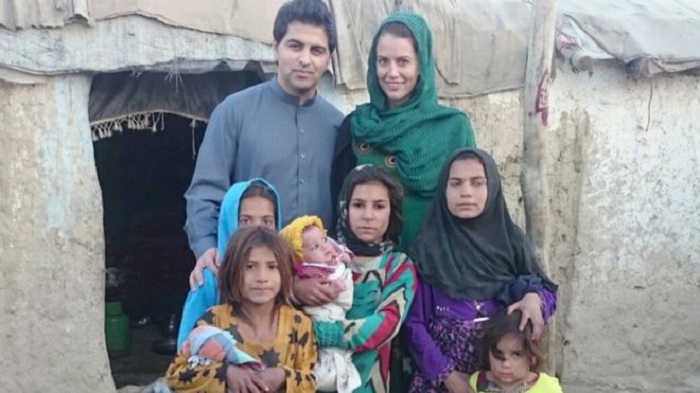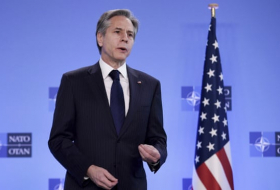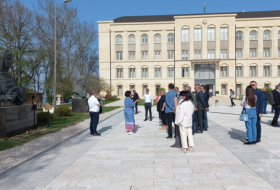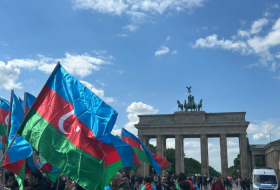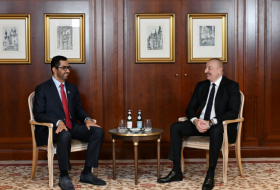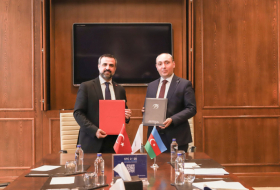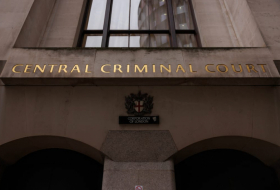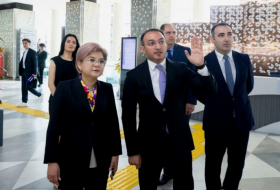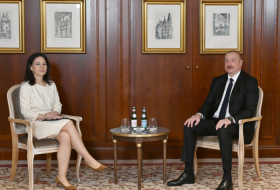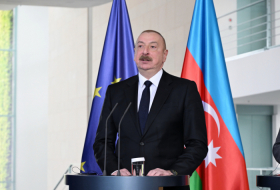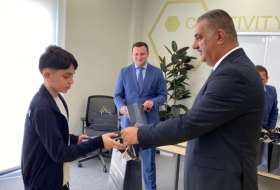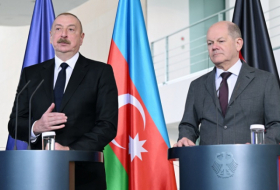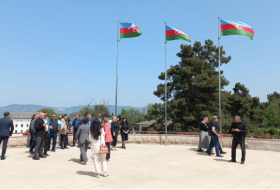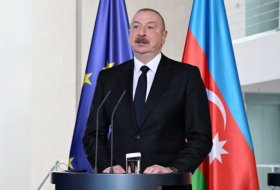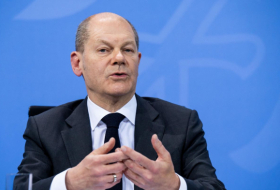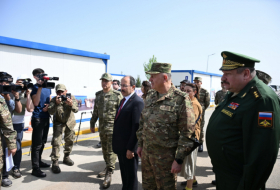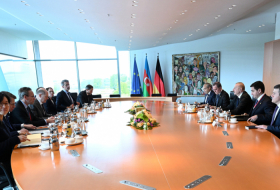"You are going to learn a bit of English, and then you will become a driver and then a shopkeeper - that`s what we all do."
"I said `OK fine` but I had my own plans."
His ambition to be a doctor was rooted in his childhood experiences in Kabul where he grew up amid fighting between the Soviet-backed communist government and Muslim fighters known as the mujahideen.
"Kabul was not safe at all but that`s the only thing we knew at the time," says Dr Arian.
"The rockets would fall blindingly and most of the time we had to shelter in little cellars, or the corridors, or from one room to another, hoping that the rocket would not fall on us.
"The Russian troops would come in, they would look for mujahideen and those people who were hiding, like my father, from the military service. They would assassinate them as well."

Waheed Arian and his family fled to Pakistan when he was a boy
His parents decided that escape was the only option - through the mountainous Khyber Pass to Pakistan.
"We used the same route the mujahideen were using to come in and fight the government so that was a very dangerous path," says Dr Arian.
They only travelled at night to avoid being seen by fighter aircraft. But they still came under fire on three occasions during a seven-day journey.
They made it to a refugee camp, where his family of 10 were given one room.
"We stayed in that room for three years. I contracted tuberculosis, I was just like a skeleton at the time.
"We also contracted malaria two or three times as well. I`ve got no idea how we survived all that."
After the Soviet troops left Afghanistan in 1989, he and his family returned to Kabul but the country was now plagued by civil conflict as internal factions battled for supremacy.
Desperate to give their son a future away from war, Dr Arian`s parents sent him to stay with a family friend in London when he was 15.
He knew little English but taught himself the language and took on a number of jobs.
To complicate matters, he had to look after his younger brother when he was sent to London.
But within a few years, five As at A-level got him into Cambridge where he eventually achieved a degree in medicine.
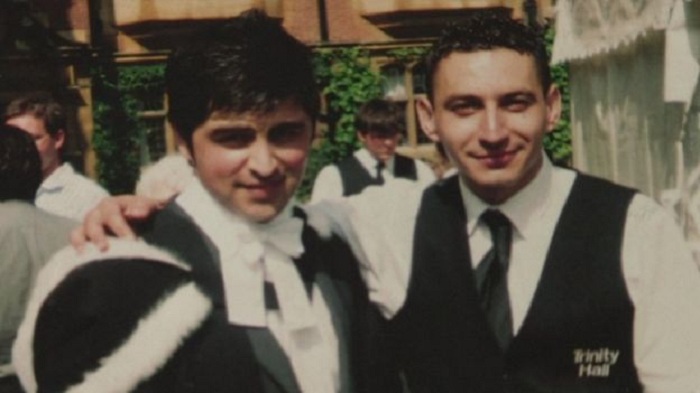
Dr Arian defied expectations and was accepted to study medicine at the University of Cambridge
"My ambition has always been to become a doctor," he says. "First for my family and then to serve Afghanistan and warzones, because there are so many people suffering and they don`t have much help.
"People try to help but it`s risky to go back."
So Dr Arian, who now works as a radiology specialist registrar in Liverpool, came up with a scheme called Teleheal, where British doctors volunteer to advise Kabul medics via Skype on traumas, accidents and other emergencies.
His colleague Dr Sumita Chawla, from Aintree University Hospital, says: "We have got to understand the facilities that we have are not available to hospitals in Afghanistan.
"So when we give advice we have got to tailor it according to the needs of the patient... and also the facilities that are there."
Jump media playerMedia player helpOut of media player. Press enter to return or tab to continue.
About 50 doctors have volunteered to give advice and similar schemes have been used in the Syrian conflict.
Teleheal`s success has led to Dr Arian giving talks at the Royal College of Emergency Medicine, the World Health Organisation and aid charity Medecins Sans Frontières.
He also received an honour from Afghan President Ashraf Ghani last year.
"Afghan doctors are being updated on latest emergency and trauma guidelines," says Dr Mamosai Zewar, the country`s head of emergency and intensive care.
"This co-operation has the potential to save thousands of more lives in the future... especially with the scarcity of medical and surgical expertise."

Davina and Waheed recently had a boy
Dr Arian`s wife Davina has put her modelling career on hold to help the scheme and has visited Afghanistan, where the couple also provide clothing to refugee families.
"It`s emotional - you have to be strong," she says.
"I had to hold myself because I couldn`t just stand there and burst out crying. You see the children, the families - they have nothing.
"When I went there, I was like wow, this is how my husband was living and it`s horrible. But the smile on their faces - I walked away and I felt amazing."
Dr Arian hopes to expand his scheme to Ethiopia, Iraq and Syria.
"It would have been a waste of my time, a waste of my family`s investment in me, not to use these opportunities or take advantage."
More about:








